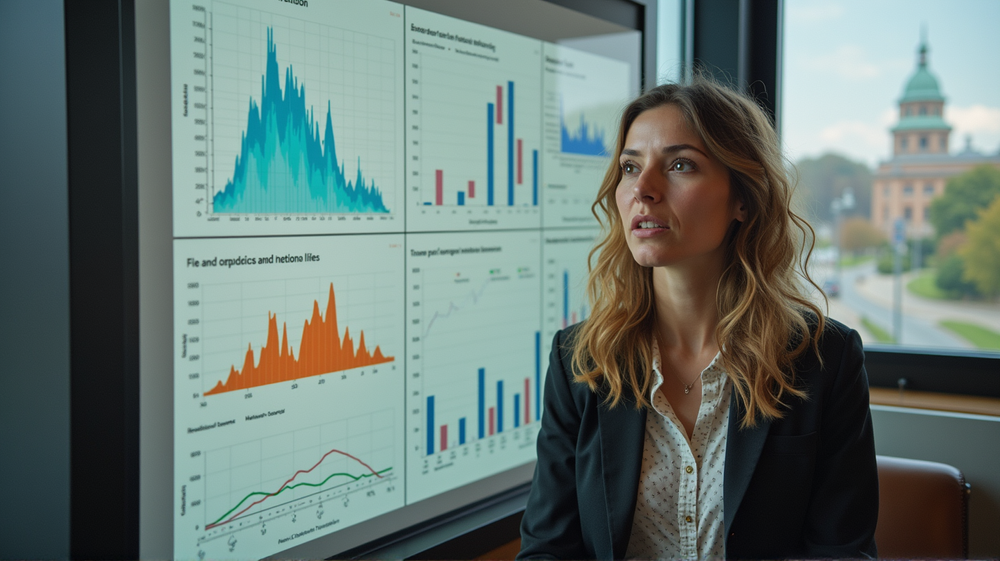When the voice of academia touches the community, it leaves a mark, and that is exactly what happened when St. Olaf College’s Associate Professor of Economics, Allison Luedtke, was featured in the Star Tribune. Speaking on pressing economic realities faced by Minnesotans, Luedtke’s insights have sparked both conversation and contemplation in the world of consumer trends.
Unveiling Consumer Power
In an insightful discussion with Star Tribune retail reporter Carson Hartzog, Professor Luedtke laid bare the nuances of consumer buying power in the Twin Cities. Despite rising costs that affect everyone, she highlights Minnesota’s relative immunity to tariffs and imports compared to its neighbors. This revelation offers a fresh perspective on the economic resilience of Minnesotans, making the story all the more intriguing.
Generational Buying Trends
Luedtke addresses a critical concern regarding spending habits. Analyzing a report by Deloitte, she points out that there’s a noticeable decline in spending among Gen Z and millennials. As they navigate the early stages of their careers, these generations feel the economic pinch of inflation and tariffs more acutely. This sobering reminder is a call to action for policymakers and businesses alike.
In-depth Analysis of Retail Sales
A clarion voice against hasty assumptions, Luedtke expressed caution about interpreting sales growth. In her evaluation of the National Retail Federation’s holiday estimates, she strikes at the core of the issue: the rising costs of goods. Her skepticism is bolstered by the S&P Global’s 2025 Holiday Retail Sales Outlook, which suggests that any uptick in holiday spending may be attributed to price hikes rather than increased consumer demand.
Broader Media Engagement
Luedtke’s insights extend beyond print, featured on Minnesota News Network’s weekly public affairs show, Minnesota Matters, where listeners are drawn into her analysis from the 20:05 to the 27:33 mark.
This dialogue on consumer power and economic trends, according to St. Olaf College, continues to enlighten and engage both the public and professionals in the field. Her eloquent discourse, which resonates with broader themes of fiscal prudence and consumer responsibility, assures that insights from academia remain influential and relevant.












